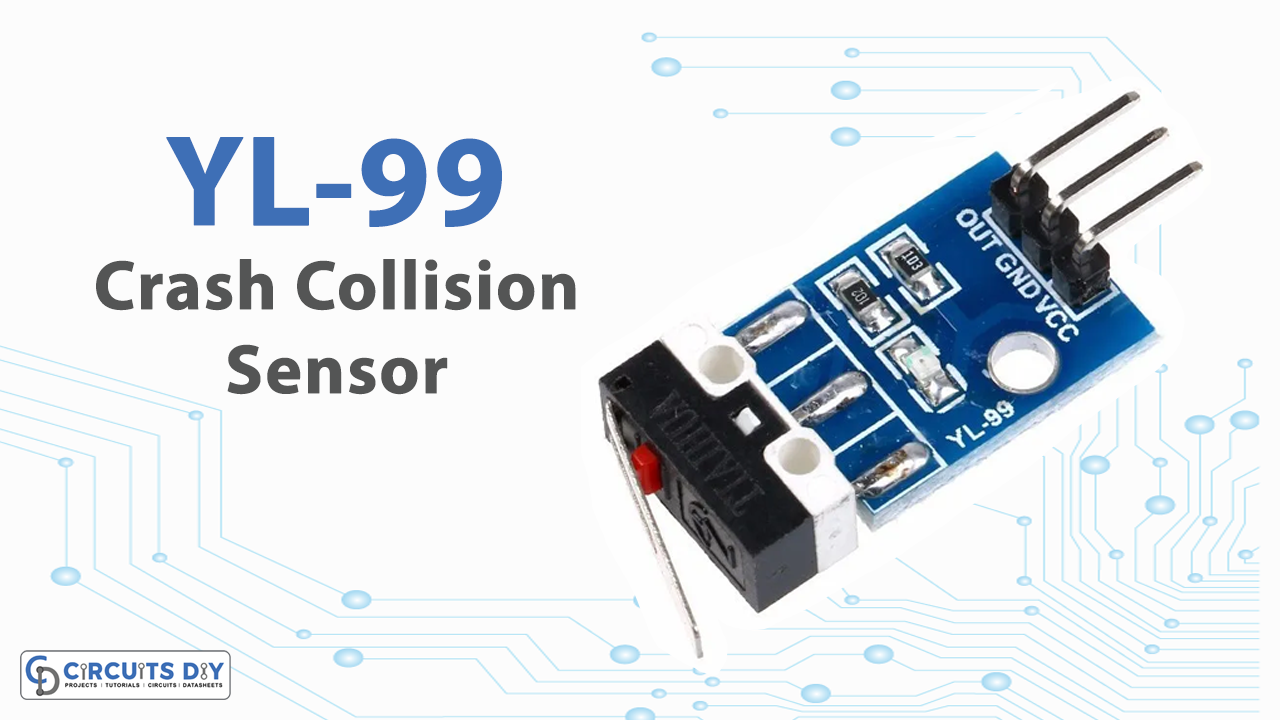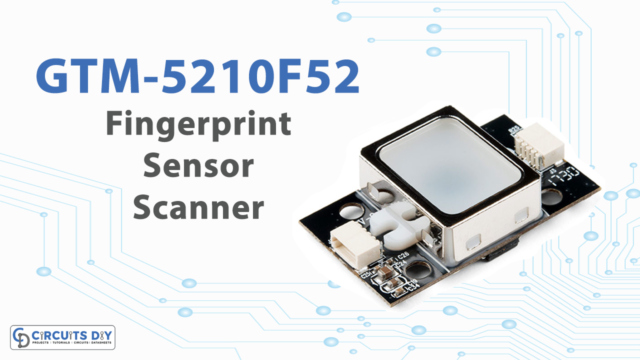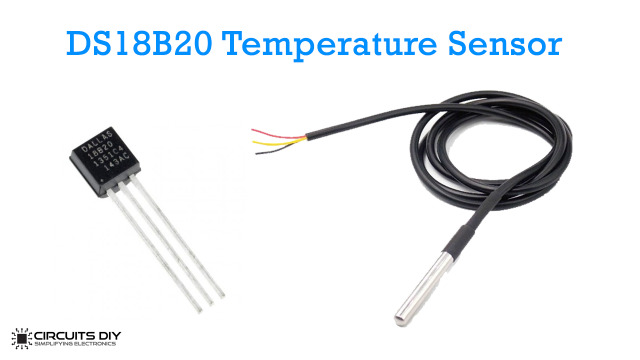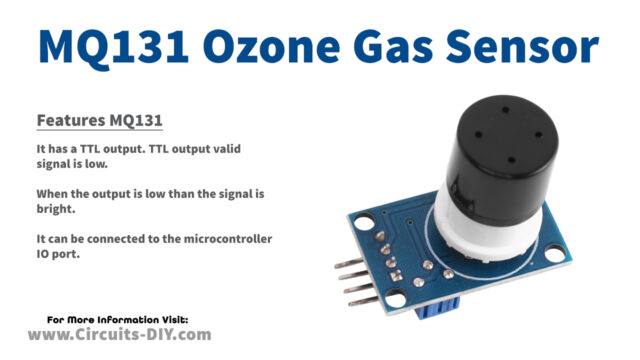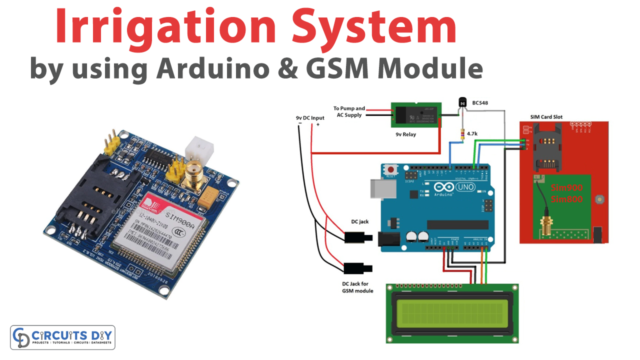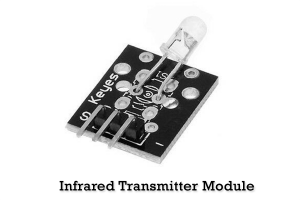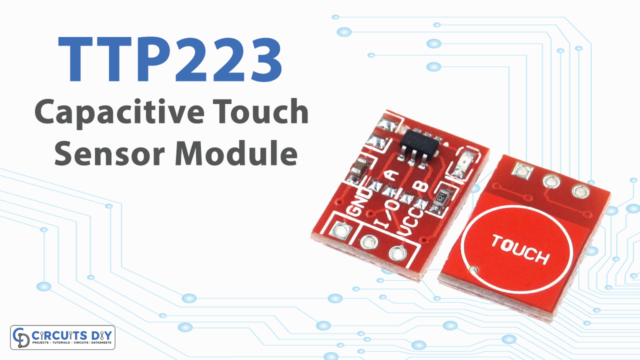Overview of Crash Collision Sensor
The crash sensor detects the collision and converts it to usable signals within milliseconds. The speeding-up forces acting on the sensors after a collision are high. For example, When a car is stopped abruptly by an impact, all bodies or objects that are not firmly fixed to the car will continue to move at the impact speed. The sensors measure this acceleration and send it to the control unit as usable data.

Features of Crash Collision Sensor
- low output module
- No high-output class
- No lightning bumps.
- .The module installation forefront of collision, the module output is low, there is no collision, and the output is high.
- Module reserved M3 mounting holes for easy fixing in a compact car.
- with a light switch, there is a collision, lights, no collision lights out.
Specifications
| Type | Vibration Sensors |
| Output | Switching Transducer |
| Dimensions | 25 x 14 x 6 mm (LxWxH) |
| Weight | 3 gm |
| Current Rating | 2 A |
| Voltage Rating | 125 VAC |
Pinouts

| Pin Number | Name | Description |
| 1. | VCC | 3v-12v power supply |
| 2. | GND | power ground |
| 3. | OUT | High and low output |
Applications and Uses
For Quick Collision detection
In many situations, early detection of unexpected object collisions can decrease damages, expenses, and injuries. Collision detection is especially crucial for safety.
Robotics
Collision detection systems in robots o absorb the shock and even reposition the robot in its tool path. These features lead to greater safety by preventing harm.
Automotive Industry
Collision sensors are normally found on the vehicle’s front and rear bumpers. When an item is identified, the sensor emits an audible or visual alert, and the vehicle’s brakes may be activated.


